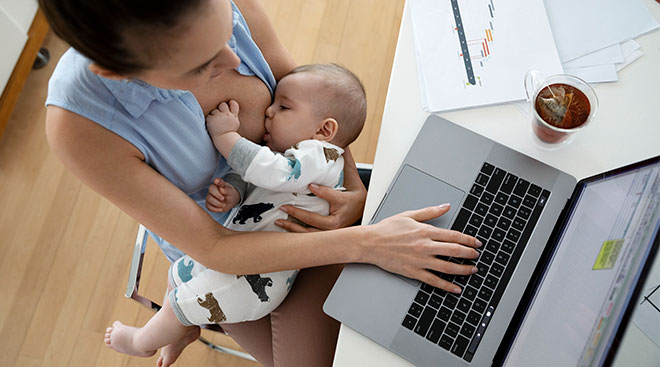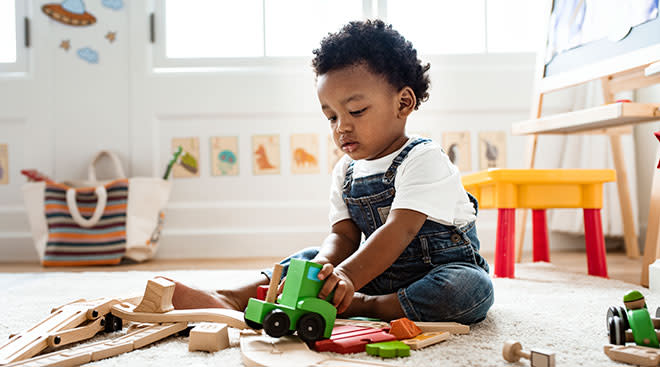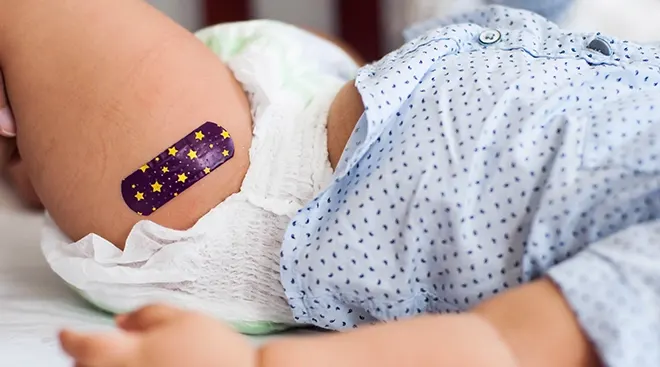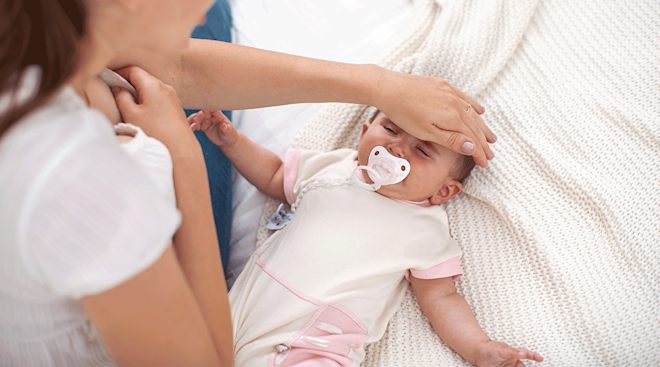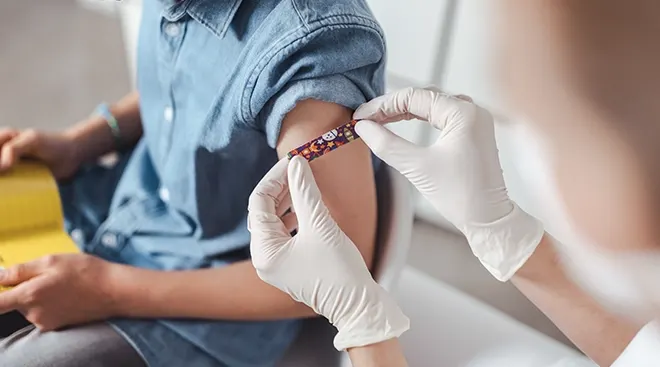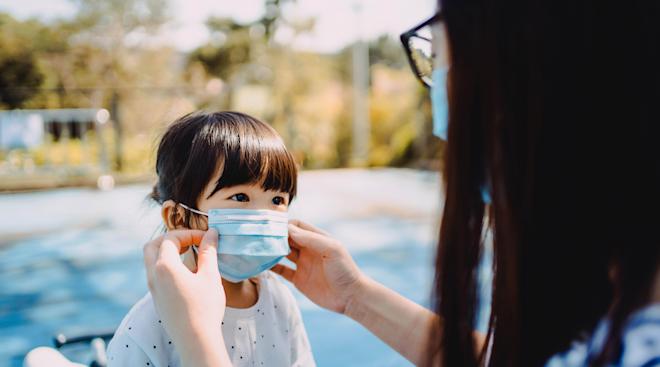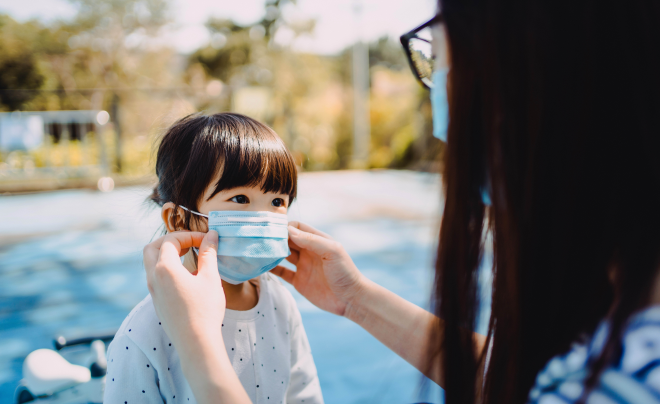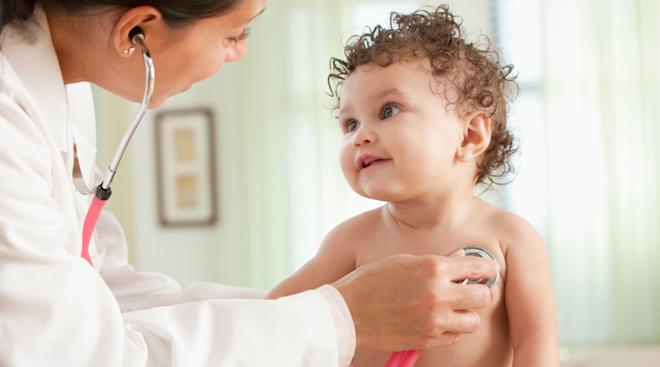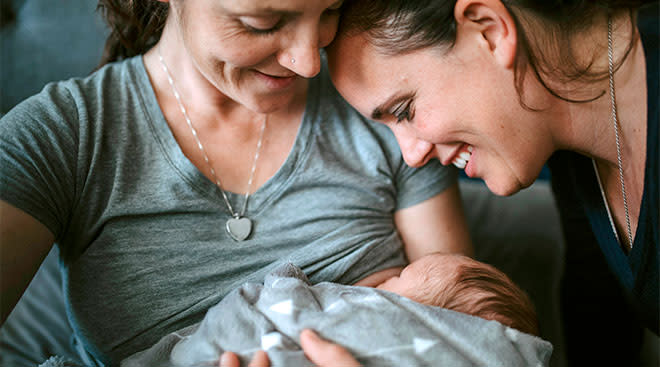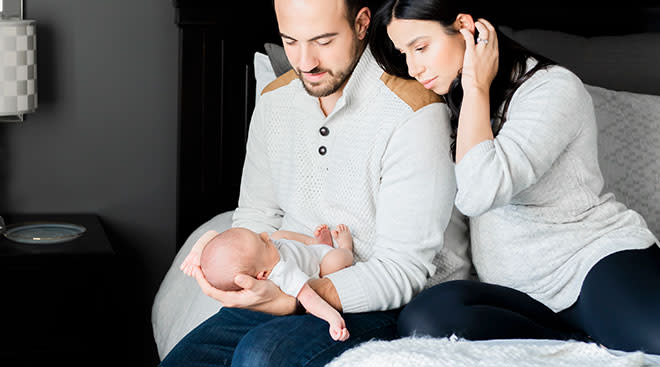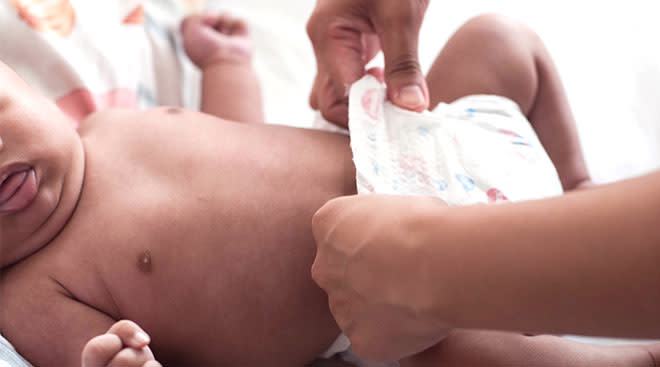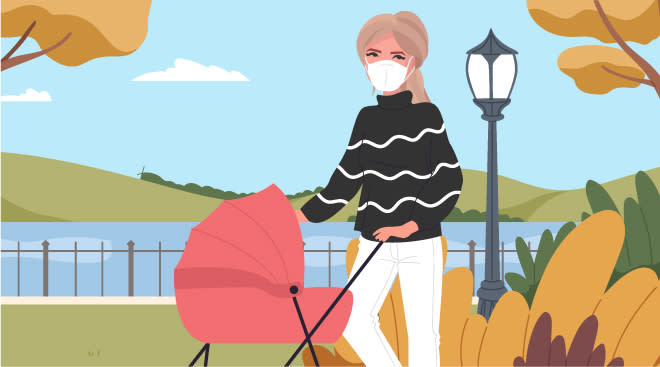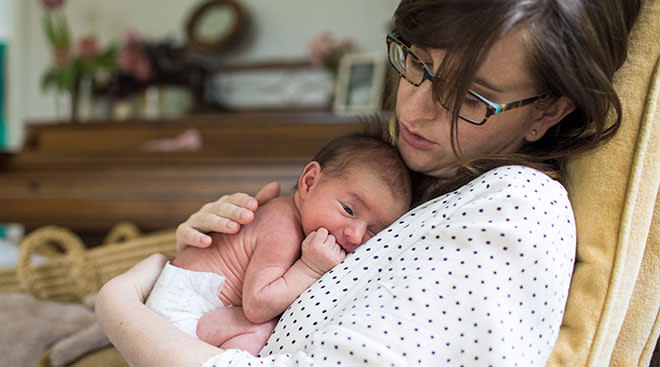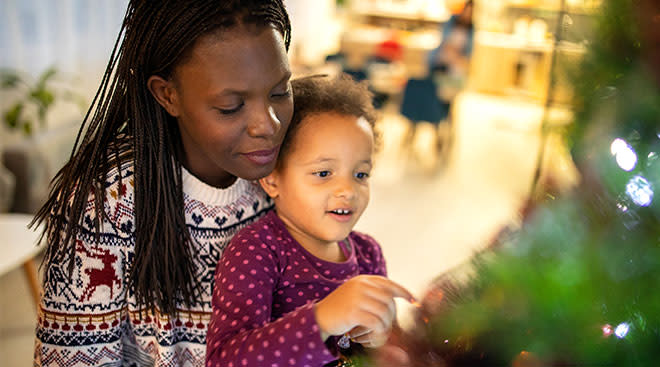Study Suggests COVID-19 Is Likely Not Transmitted Through Breast Milk
As the pandemic wears on, medical experts are working fast to discover as much as they can about the novel coronavirus. As they uncover more information, they’re slowly beginning to piece together how the virus affects pregnancy and postpartum moms. While much is still unknown, one study is finding that COVID-19 is likely not transmitted through breast milk.
The study was conducted by researchers from University of California San Diego School of Medicine and University of California Los Angeles and published August 19 in JAMA It looked at 64 samples of breast milk, collected by the Mommy’s Milk Human Milk Research Biorepository, from 18 women across the country who had the novel coronavirus.
While researchers found that one sample tested positive for the virus, their subsequent tests found that the virus was unable to replicate and, therefore, unable to cause infection in the breastfed baby.
“Detection of viral RNA does not equate to infection. It has to grow and multiply in order to be infectious and we did not find that in any of our samples,” Christina Chambers, PhD, MPH, co-principal investigator of the study, professor of pediatrics at UC San Diego School of Medicine, director of Mommy’s Milk Human Milk Research Biorepository and co-director of the UC San Diego Center for Better Beginnings, said in a press release. “Our findings suggest breast milk itself is not likely a source of infection for the infant.”
Currently, experts recommend practicing good hand hygiene and sterilizing pumping equipment after each session to prevent transmission while breastfeeding. However, some women with COVID-19 have opted out of breastfeeding at all.
“In the absence of data, some women infected with SARS-CoV-2 have chosen to just not breastfeed at all,” Grace Aldrovandi, MD, co-principal investigator of the study, chief of the Division of Infectious Diseases at UCLA Mattel Children’s Hospital and a professor of pediatrics in the David Geffen School of Medicine at UC Los Angeles, also said in the release. “We hope our results and future studies will give women the reassurance needed for them to breastfeed. Human milk provides invaluable benefits to mom and baby.”
The researchers also added the virus to breastmilk samples from two different donors who were not infected to mimic the pasteurization process commonly used in human donor milk. They heated the samples for half an hour at 62.5 degrees celsius, then cooled them to 4 degrees celsius. The researchers found that after the pasteurization process, the virus wasn’t detected in either sample.
“This is a very positive finding for donor milk, which so many infants, especially those born premature, rely on,” Chambers said. “Our findings fill in some important gaps, but more studies are needed with larger sample sizes to confirm these findings.”
While more research is needed, Chambers hopes to have future work also look at whether the breast milk contains any antibodies to COVID-19 that women might produce after exposure and whether they can be transferred through breast milk to their infants.
Please note: The Bump and the materials and information it contains are not intended to, and do not constitute, medical or other health advice or diagnosis and should not be used as such. You should always consult with a qualified physician or health professional about your specific circumstances.
Navigate forward to interact with the calendar and select a date. Press the question mark key to get the keyboard shortcuts for changing dates.

































